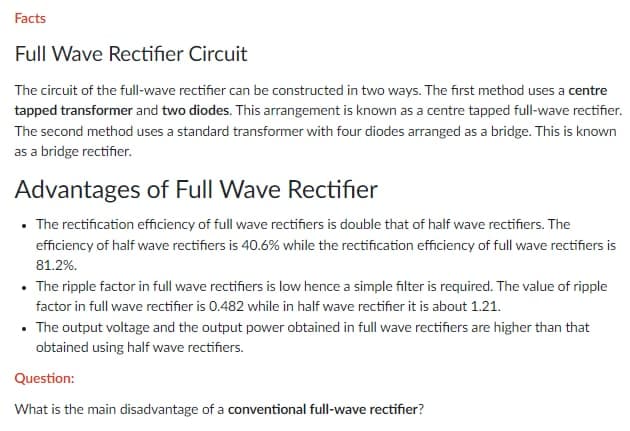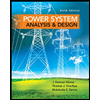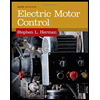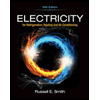obtained using half wave rectifiers. Question: What is the main disadvantage of a conventional full-wave rectifier?
obtained using half wave rectifiers. Question: What is the main disadvantage of a conventional full-wave rectifier?
Power System Analysis and Design (MindTap Course List)
6th Edition
ISBN:9781305632134
Author:J. Duncan Glover, Thomas Overbye, Mulukutla S. Sarma
Publisher:J. Duncan Glover, Thomas Overbye, Mulukutla S. Sarma
Chapter4: Transmission Line Parameters
Section: Chapter Questions
Problem 4.2P: The temperature dependence of resistance is also quantified by the relation R2=R1[ 1+(T2T1) ] where...
Related questions
Question

Transcribed Image Text:Facts
Full Wave Rectifier Circuit
The circuit of the full-wave rectifier can be constructed in two ways. The first method uses a centre
tapped transformer and two diodes. This arrangement is known as a centre tapped full-wave rectifier.
The second method uses a standard transformer with four diodes arranged as a bridge. This is known
as a bridge rectifier.
Advantages of Full Wave Rectifier
• The rectification efficiency of full wave rectifiers is double that of half wave rectifiers. The
efficiency of half wave rectifiers is 40.6% while the rectification efficiency of full wave rectifiers is
81.2%.
• The ripple factor in full wave rectifiers is low hence a simple filter is required. The value of ripple
factor in full wave rectifier is 0.482 while in half wave rectifier it is about 1.21.
• The output voltage and the output power obtained in full wave rectifiers are higher than that
obtained using half wave rectifiers.
Question:
What is the main disadvantage of a conventional full-wave rectifier?
Expert Solution
This question has been solved!
Explore an expertly crafted, step-by-step solution for a thorough understanding of key concepts.
Step by step
Solved in 2 steps with 2 images

Recommended textbooks for you

Power System Analysis and Design (MindTap Course …
Electrical Engineering
ISBN:
9781305632134
Author:
J. Duncan Glover, Thomas Overbye, Mulukutla S. Sarma
Publisher:
Cengage Learning


Electricity for Refrigeration, Heating, and Air C…
Mechanical Engineering
ISBN:
9781337399128
Author:
Russell E. Smith
Publisher:
Cengage Learning

Power System Analysis and Design (MindTap Course …
Electrical Engineering
ISBN:
9781305632134
Author:
J. Duncan Glover, Thomas Overbye, Mulukutla S. Sarma
Publisher:
Cengage Learning


Electricity for Refrigeration, Heating, and Air C…
Mechanical Engineering
ISBN:
9781337399128
Author:
Russell E. Smith
Publisher:
Cengage Learning